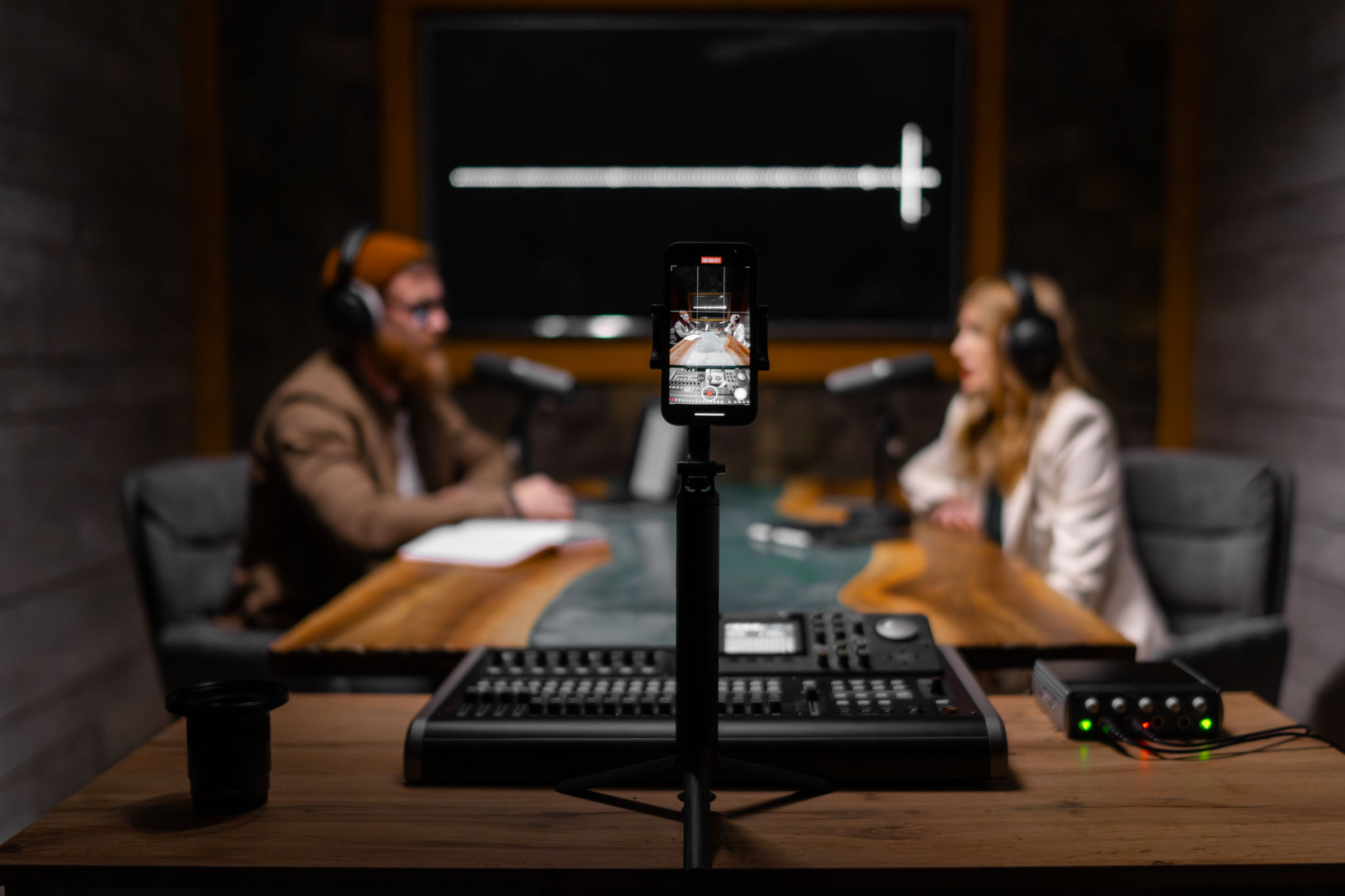How to Start Your Own Podcast: A Step-by-Step Guide from Big Cousin's House
Introduction to Podcasting
Podcasting has taken the world by storm, offering a platform for voices from all walks of life to share their stories, ideas, and expertise. Whether you're aiming to entertain, educate, or inspire, starting your own podcast can be a rewarding venture. Here at Big Cousin's House, we believe everyone has a story worth sharing. Let's walk through the steps to get your podcast off the ground.

Step 1: Define Your Podcast Concept
Before hitting the record button, it's crucial to define your podcast's concept. Consider what topics you're passionate about and how they align with your target audience's interests. Ask yourself:
- What is the core message of my podcast?
- Who is my target audience?
- What unique perspective can I offer?
Having a clear concept will guide your content creation and help attract a loyal listener base.
Step 2: Plan Your Episodes
Once you've nailed down your concept, it's time to plan your episodes. Start by brainstorming a list of potential topics and guests. Create an outline for each episode to keep your content focused and engaging. Consider the format of your podcast:
- Interview style
- Solo commentary
- Panel discussions
The format you choose will shape how you prepare and deliver your content.

Step 3: Get the Right Equipment
You don't need to break the bank to start a podcast, but investing in quality equipment can make a big difference in sound quality. At a minimum, you'll need:
- A good microphone
- Headphones
- Audio recording and editing software
These tools will help ensure your podcast sounds professional from the get-go.
Step 4: Record and Edit Your Podcast
With your equipment set up, it's time to record your first episode! Find a quiet space to minimize background noise. Don't worry if you stumble over words; that's what editing is for. Use editing software to cut out any mistakes and enhance the overall sound quality. Focus on creating a smooth and engaging listening experience.

Step 5: Publish Your Podcast
Once you're happy with your edited episode, it's time to publish it. Choose a podcast hosting platform that suits your needs and budget. Popular options include Buzzsprout, Libsyn, and Anchor. These platforms will distribute your podcast to major directories like Apple Podcasts, Spotify, and Google Podcasts.
Step 6: Promote Your Podcast
Now that your podcast is live, it's crucial to spread the word. Use social media platforms to share episodes and engage with listeners. Consider creating a website or blog to provide show notes and additional content. Collaborating with other podcasters can also help expand your reach.

Step 7: Engage with Your Audience
Building a community around your podcast is essential for long-term success. Encourage listener feedback through reviews, emails, or social media interactions. Engaging with your audience not only builds loyalty but also provides valuable insights for future episodes.
Conclusion: Keep Improving
Podcasting is a journey of continuous learning and improvement. Stay open to feedback and be willing to adapt as you grow. At Big Cousin's House, we believe in the power of perseverance and creativity. So take that first step, hit record, and let your voice be heard!